Adapting Colson Whitehead”s Pulitzer Prize winning novel, Nickel Boys is a moving, meticulously crafted film about a violent reform school in 1960s Florida.
Nickel Boys Review
In 2011 Florida's Dozier School for Boys, after over a hundred years of being open, was finally shut down after the US Department of Justice stepped in citing that the school was harming the youth entrusted to it. What was unearthed on the grounds and revealed by former residents was nothing short of a horror story. At this state- run reform school, young boys, mostly African American, were mentally, physically, and sexually abused which sometimes led to their deaths. Pulitzer Prize-winning novelist Colson Whitehead took the facts of the Dozier case and crafted The Nickel Boys, a historical fiction that gives faces and names to the countless boys who were mistreated, killed, and forever maimed by that place.
A staggering and powerful adaptation, director RaMell Ross, who co-wrote the screenplay with Joslyn Barnes, takes Whitehead's story and further expands upon it in Nickel Boys. During the course of the film, Ross doesn't just take audiences on a linear journey of the historical racism running rampant in the 1960s south. But rather he interjects the narrative with archival material that offers a complex and meaningful look at the world the main characters are living in. It's part documentary, part historical fiction, that coupled with a first person point of view, brings to life the world these two young men were living in with meticulous detail.
16-year old Elwood Curtis (Ethan Herisse), lives with his grandmother Hattie (Aunjanue Ellis-Taylor) in Tallahassee. He is a smart young man, on a path to achieve something great in life when he finds himself at the wrong place at the wrong time. Falsely charged with theft, Elwood is sent to do an internment at the Nickel Academy, a juvenile home for boys where supposedly he will be taught the meaning of hard work and discipline. As a follower of the Reverend Martin Luther King Jr. Elwood has an idealism that is quickly crushed by the reality of Nickel. While trying to survive amidst the racism and corporal punishment, he becomes friends with Turner (Brandon Wilson), a fellow student who is the opposite of Elwood in almost every way. Despite Turner's more rule pushing tendencies, they both know that any infraction will lead to administrator Spencer (Hamish Linklater) taking them away in the middle of the night for severe beatings…or worse.
For the most part, Nickel Boys is told through first-person point of view, something that immediately sets it apart from others in the genre (and most films in general). It takes some getting used to, after all we have come accustomed to traditional camera angles and I thought how will we connect to these characters if we never see their faces? That thought was unnecessary though, because as the film unfolds, Ross with director of photography Jomo Fray, an intimate picture is presented where reflections and others' reactions invite us into the minds of the young men on screen. You are endeared to Elwood and Turner despite only seeing them through the eyes of someone else. Essentially, you are placed in the story, living it alongside them and viewing their heartaches and rare wins with a loving eye.
Narratively, the film shifts between the story of two teens who find friendship in the most horrific place and a broader statement about what it was (and is) like to the young and Black in America. Yet despite the viscerally traumatic experiences, Ross avoids the trend that other filmmakers seem to default to – dwelling in the visual agony of its subjects. Rather he focuses on the effects of what that kind of torture does to the people who experience it. It is a distinct and affecting experience.
Slavery is something that most audiences can grasp a hold of based on other movies and tv shows that have portrayed it over the years. However, few films look at what was birthed out of the slavery era the way Ross' Nickel Boys does. Throughout, Ross layers in real-world photographs and news footage of Dozier Academy, along with footage of Martin Luther King Jr.'s speeches as well as clips of Sidney Poitier in The Defiant Ones (a film that itself was an eyeopener for the racism running rampant in the prison system). These drive home the fact that the terrors these young men were facing weren't something of the past but very prevalent in America during that timeframe and beyond.
With the nonlinear structure of the story, we also are introduced to an older Elwood (played by Daveed Diggs) who is grappling with survivor's guilt amongst other things after what he endured at Nickel. The camera also switches for these moments, with a “Snorricam” rig attached to Diggs from the rear, so we match his movements and get locked into his point of view. It makes it appear as if he is floating through life which is accurate when you think about it, considering the flood of emotions he feels on a day to day basis.
Herisse, Wilson, and Diggs convey so much with just the shift of their bodies, their voices, and their faces on the rare instances we catch a glimpse of them. Ellis-Taylor is a powerhouse though, carrying the emotional weight of all the grandmas out there who have faced the heartbreaking loss of their loved ones, oftentimes through no fault of their own. She is weary yet resilient as she fights for her grandson and the other boys who feel unloved and forgotten at Nickel.
Verdict
Ultimately, Nickel Boys is a moving and visceral adaptation of Colson Whitehead's Pulitzer Prize–winning novel The Nickel Boys. Although it is a fictional tale, the emotions felt by the characters on screen as well as the ones that will sit with you long after the credits finish are extremely real. The use of first-person perspective offers audiences a unique pathway into the story, placing us in the shoes of Elwood and Turner as they try to survive to make it out of Nickel. Honestly, the film is unlike anything else I've ever watched, leaving me stunned by its visual language, affecting story, and its sense of self. Above all, it opened my eyes to real-life events that I never heard about, making me want to learn more. I hope it opens up others' eyes as well, because we need to know our past (good and bad) in order to make a better future.
Nickel Boys is coming to theaters January 3. It is rated PG-13 for thematic material involving racism, some strong language including racial slurs, violent content and smoking with a runtime of 2 hours and 20 minutes.

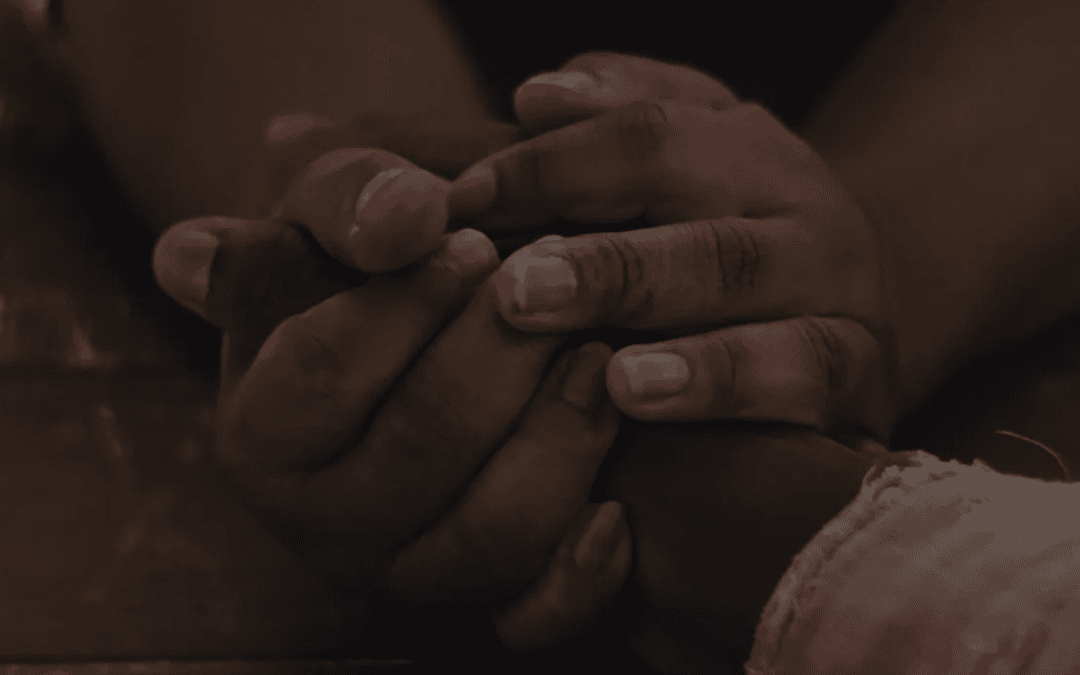
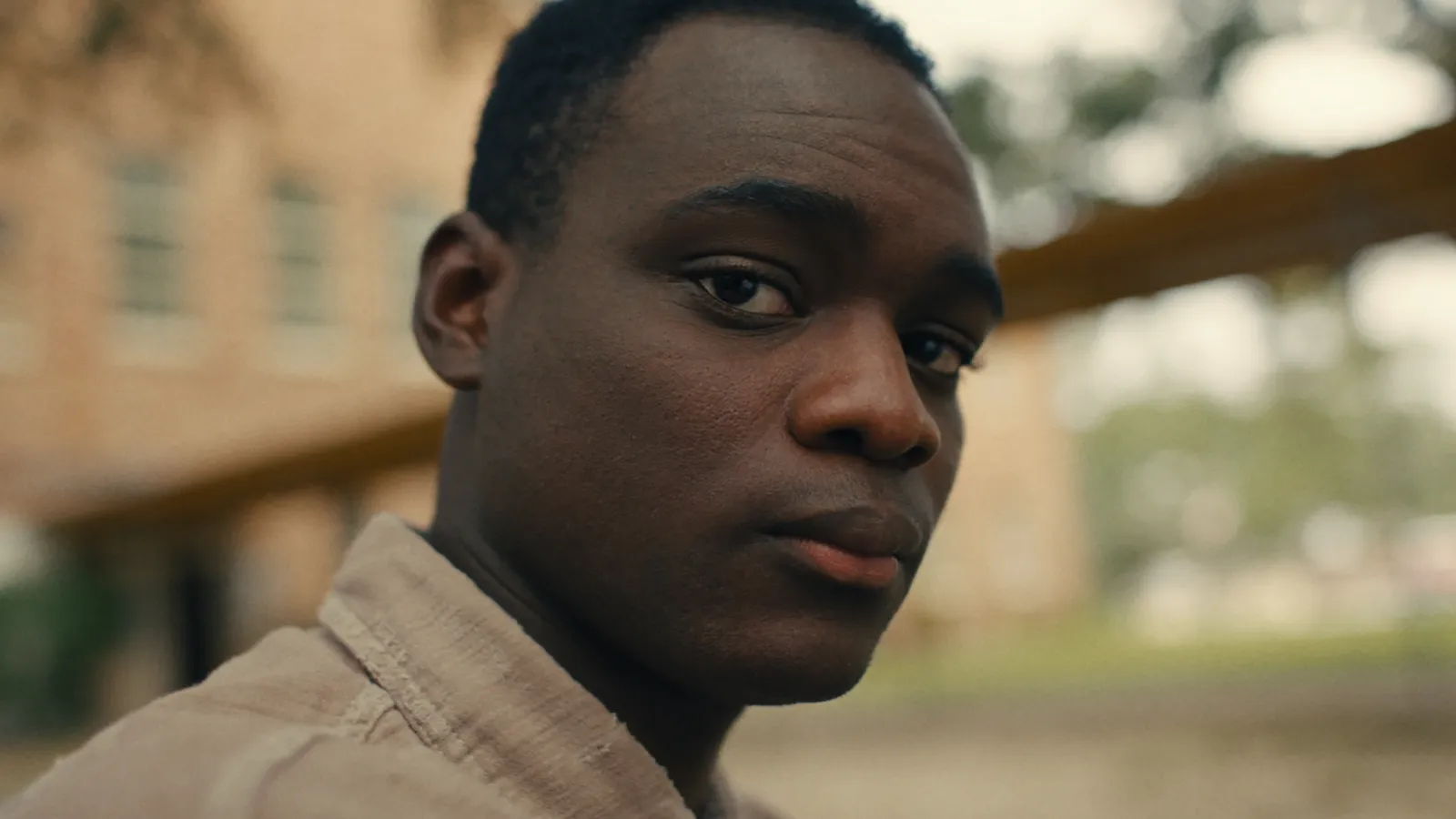
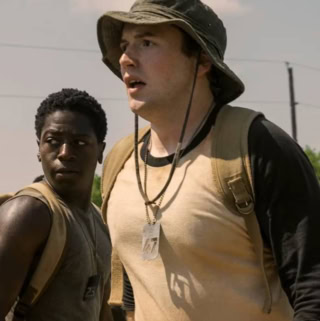


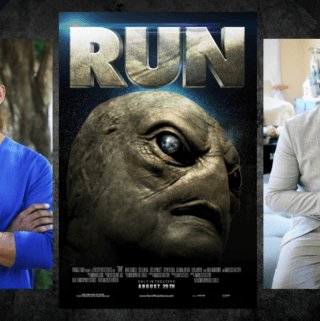

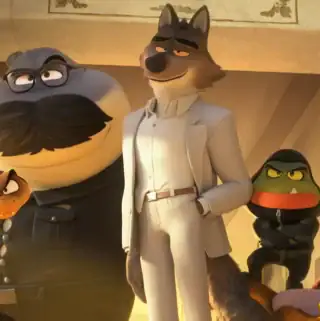
Leave a Reply